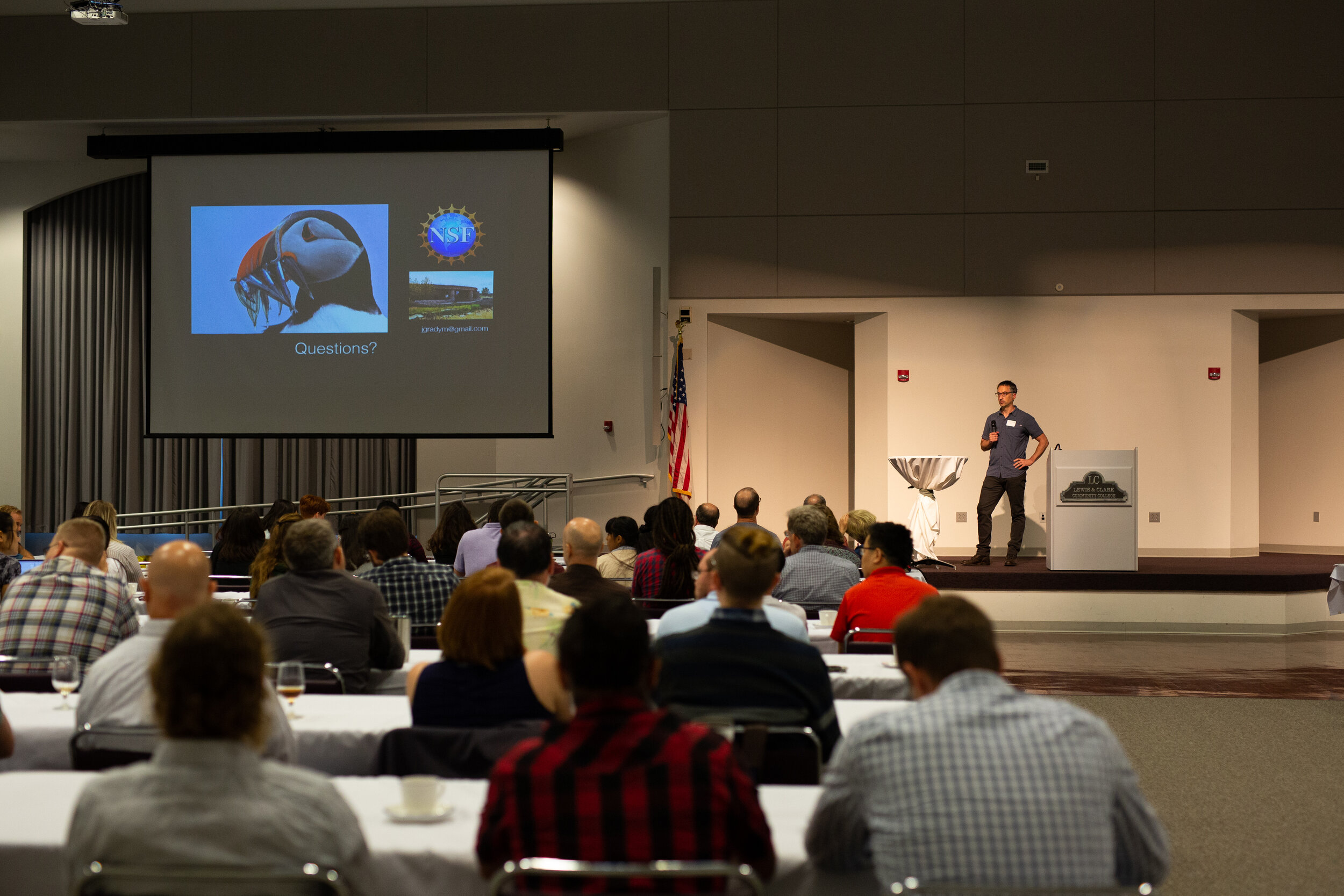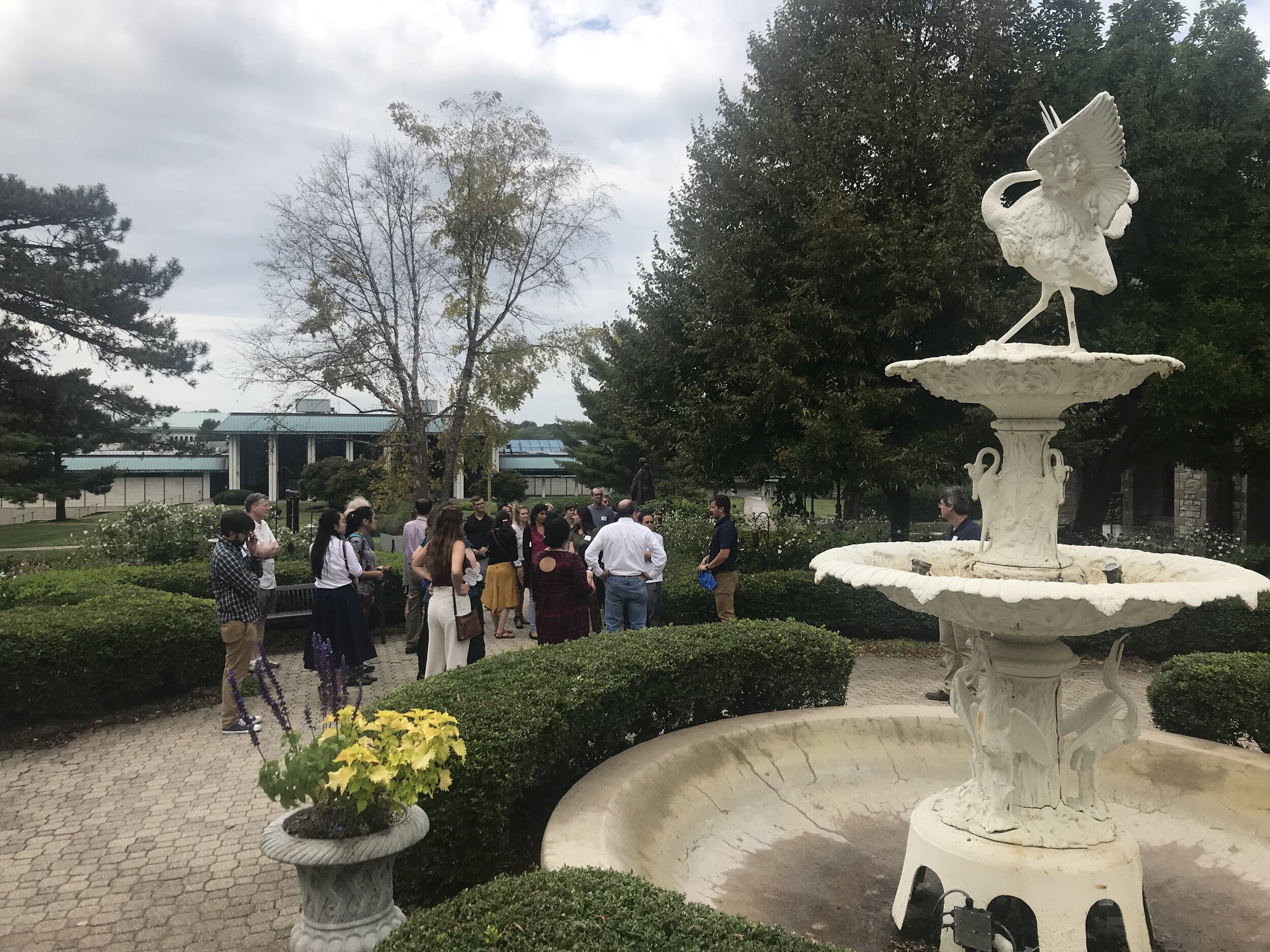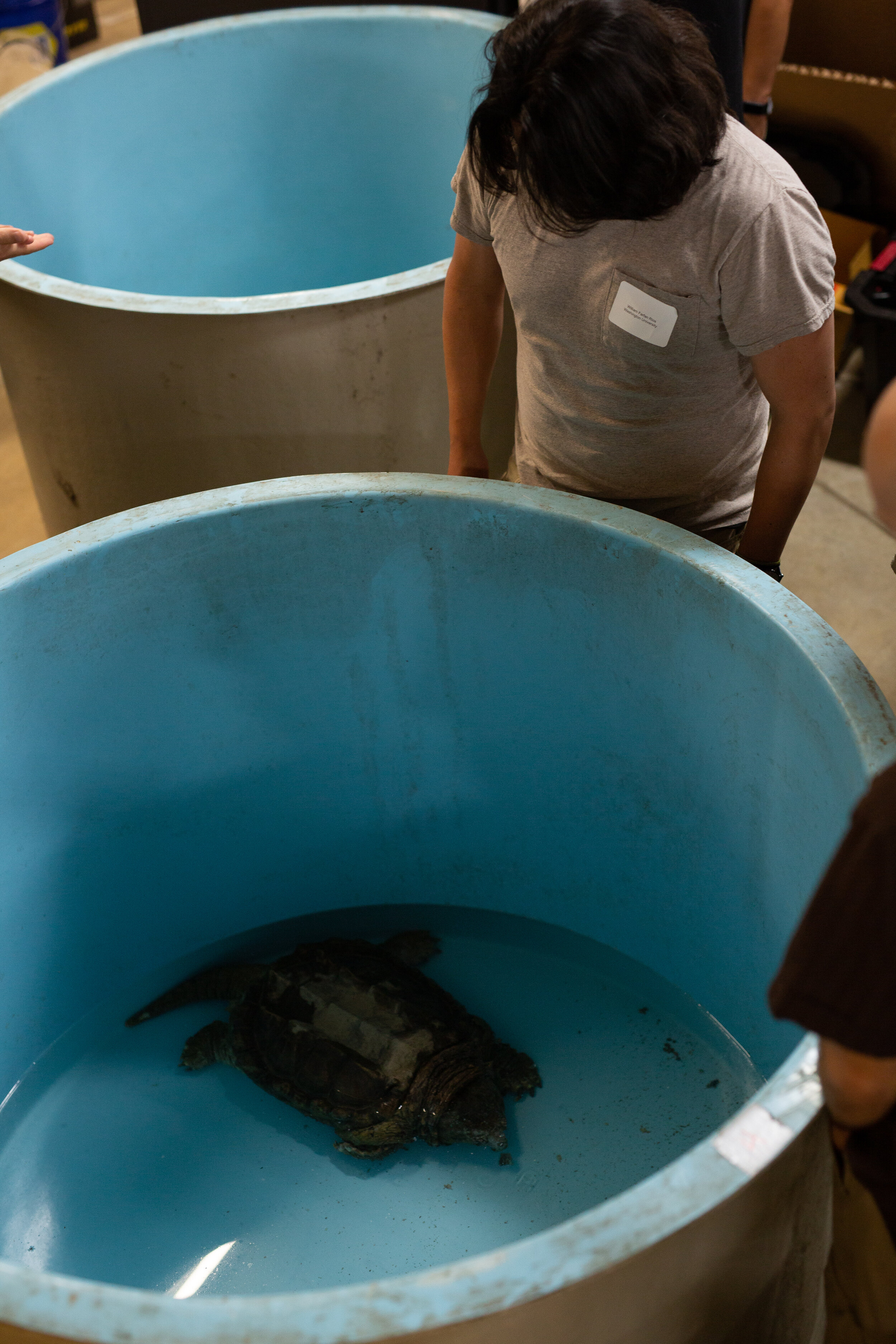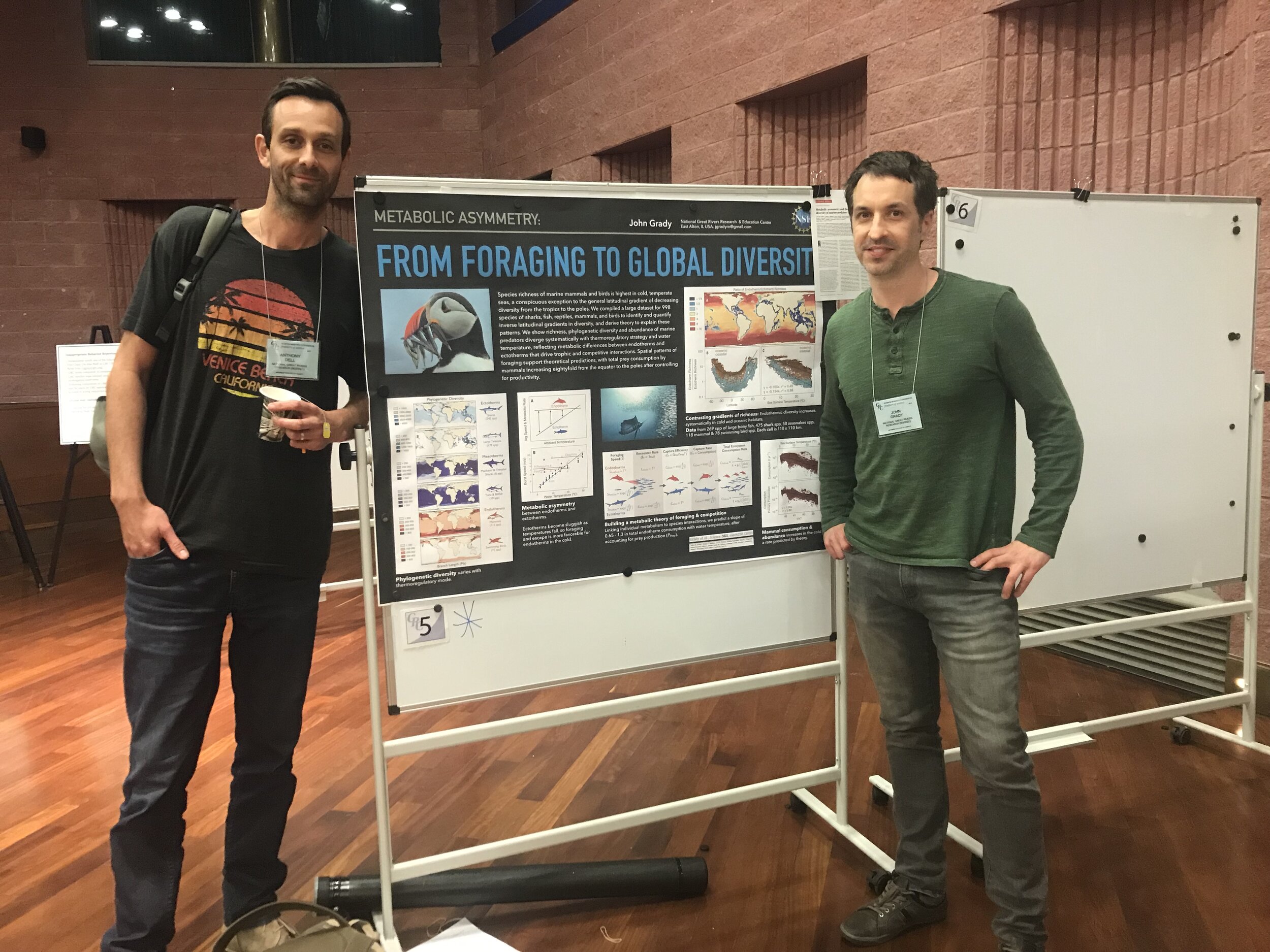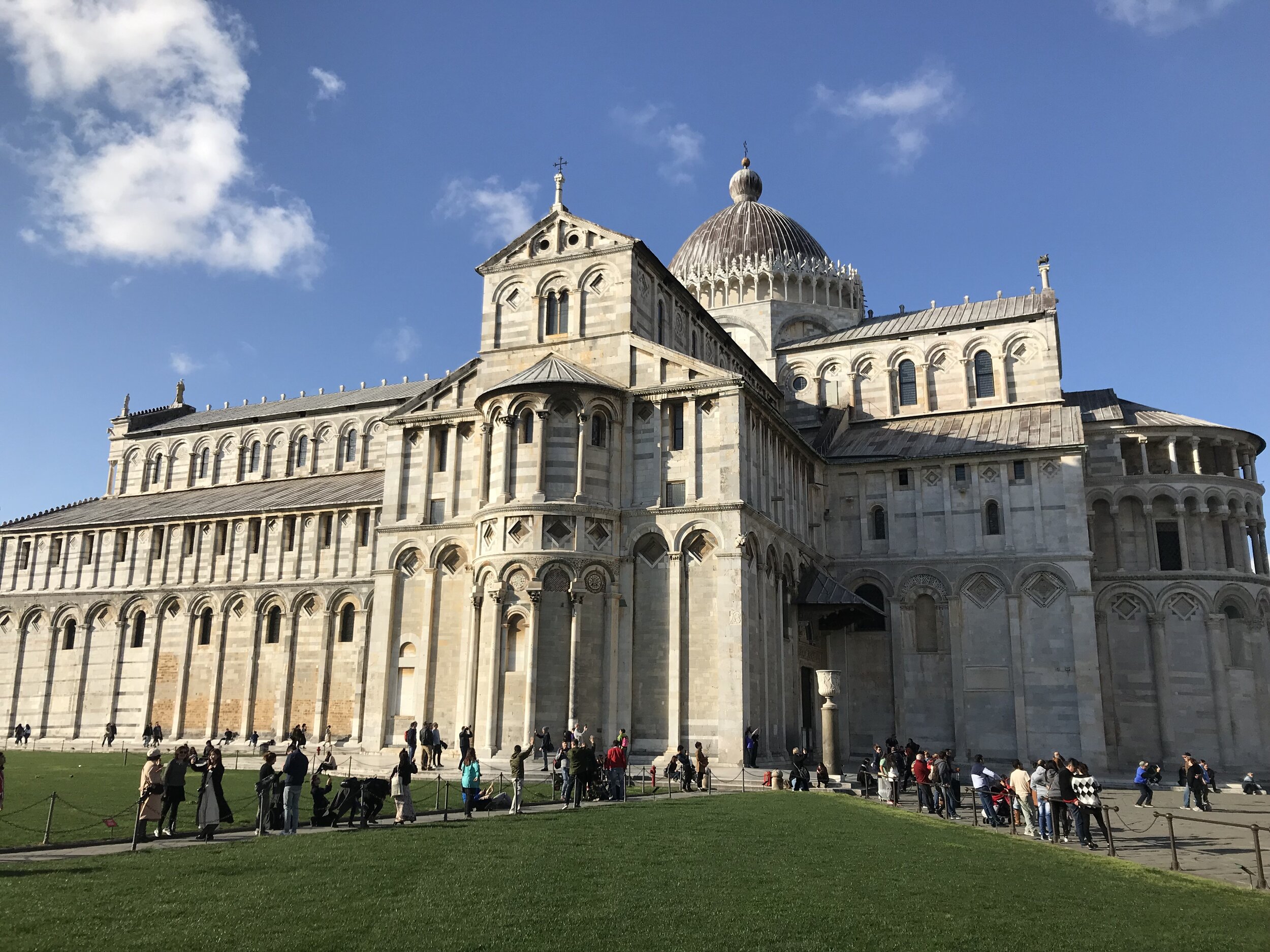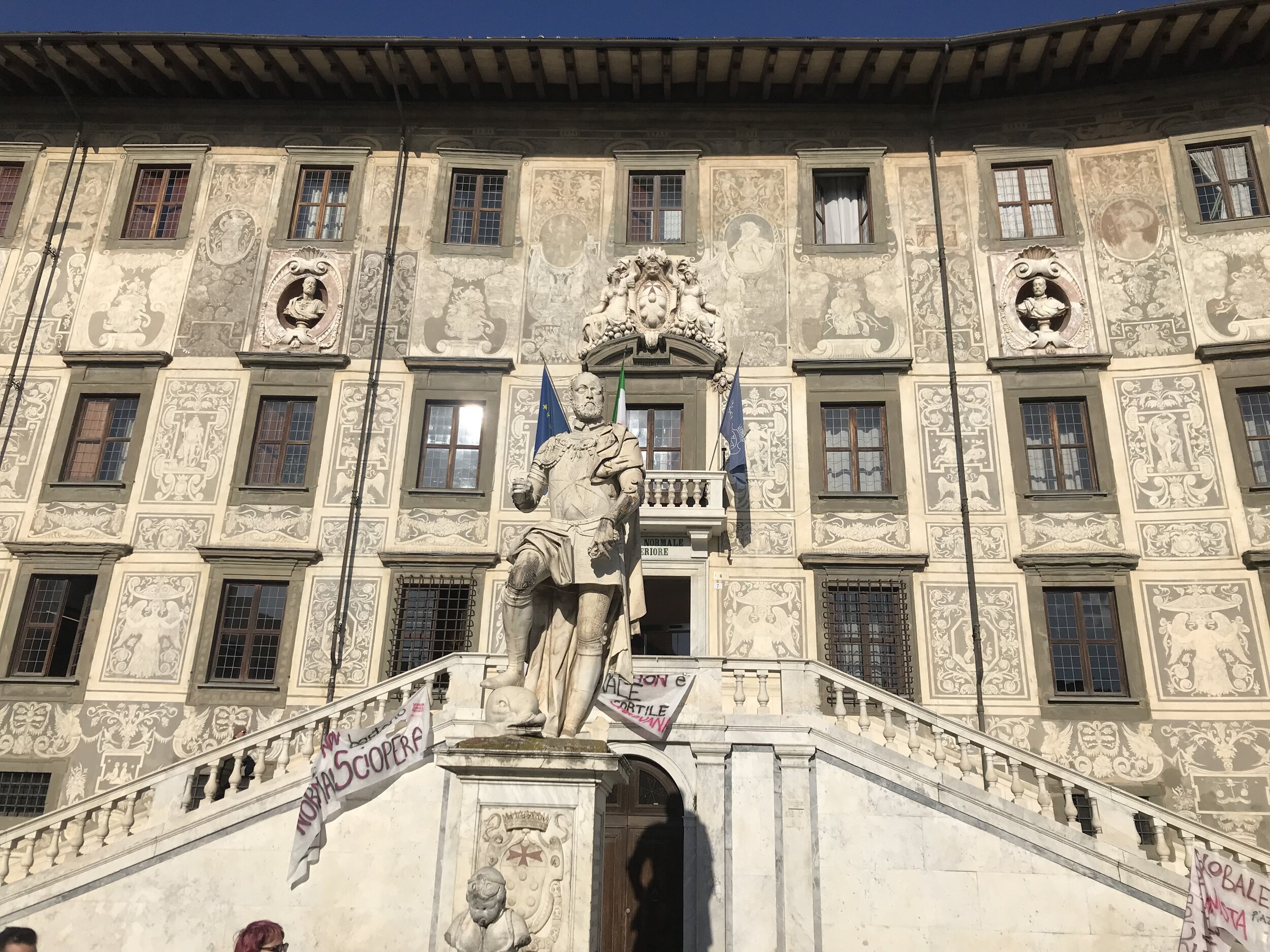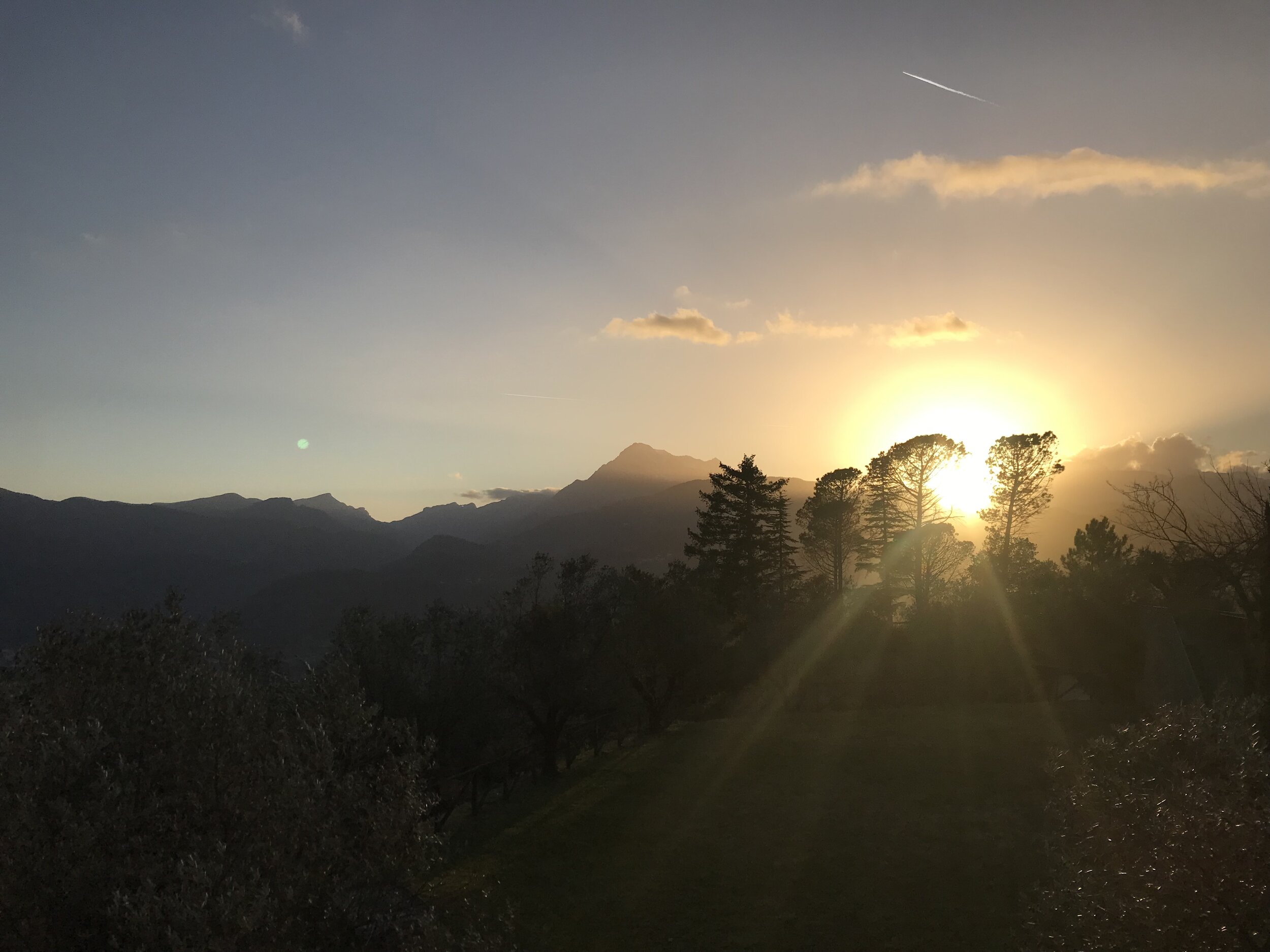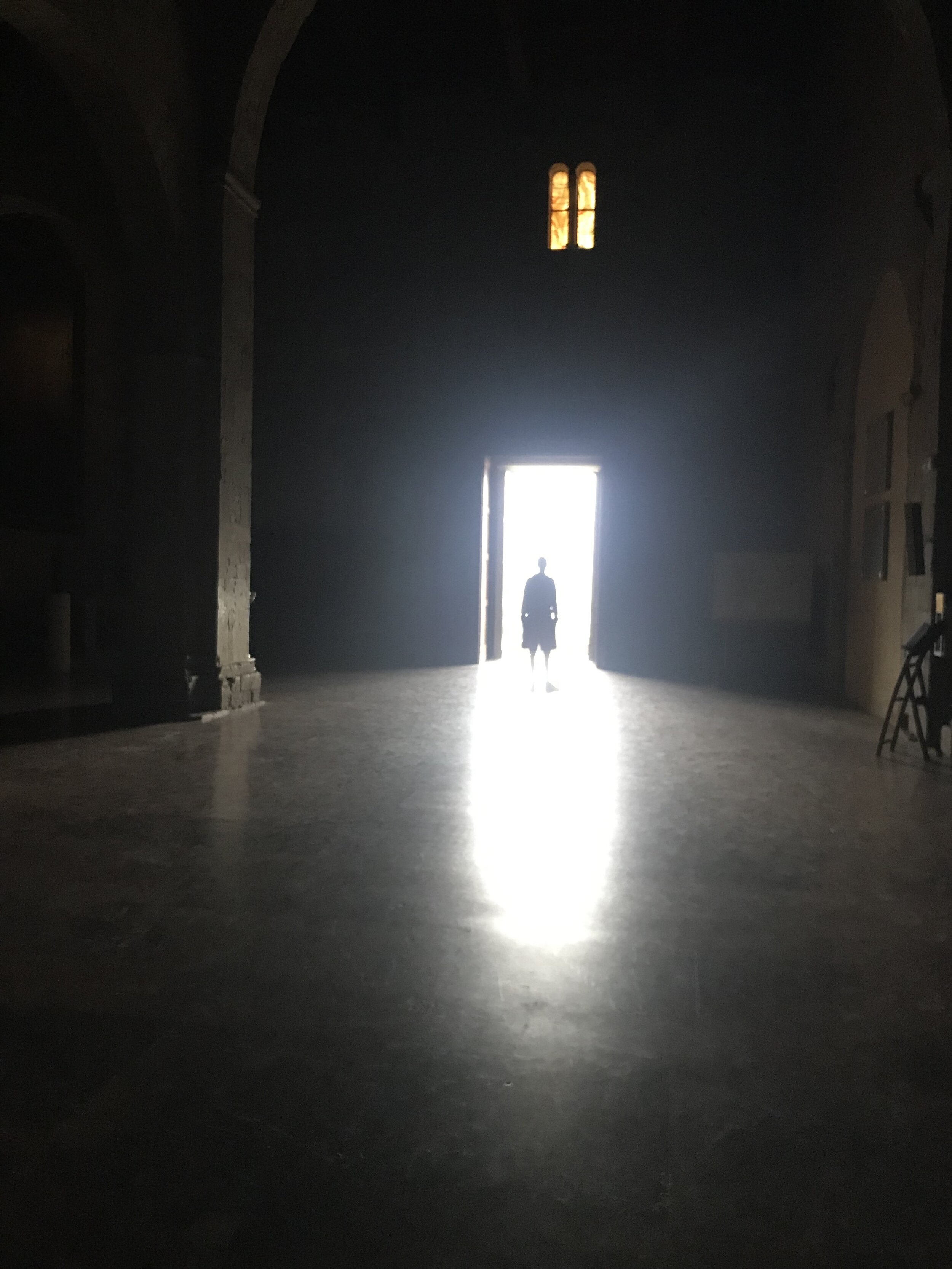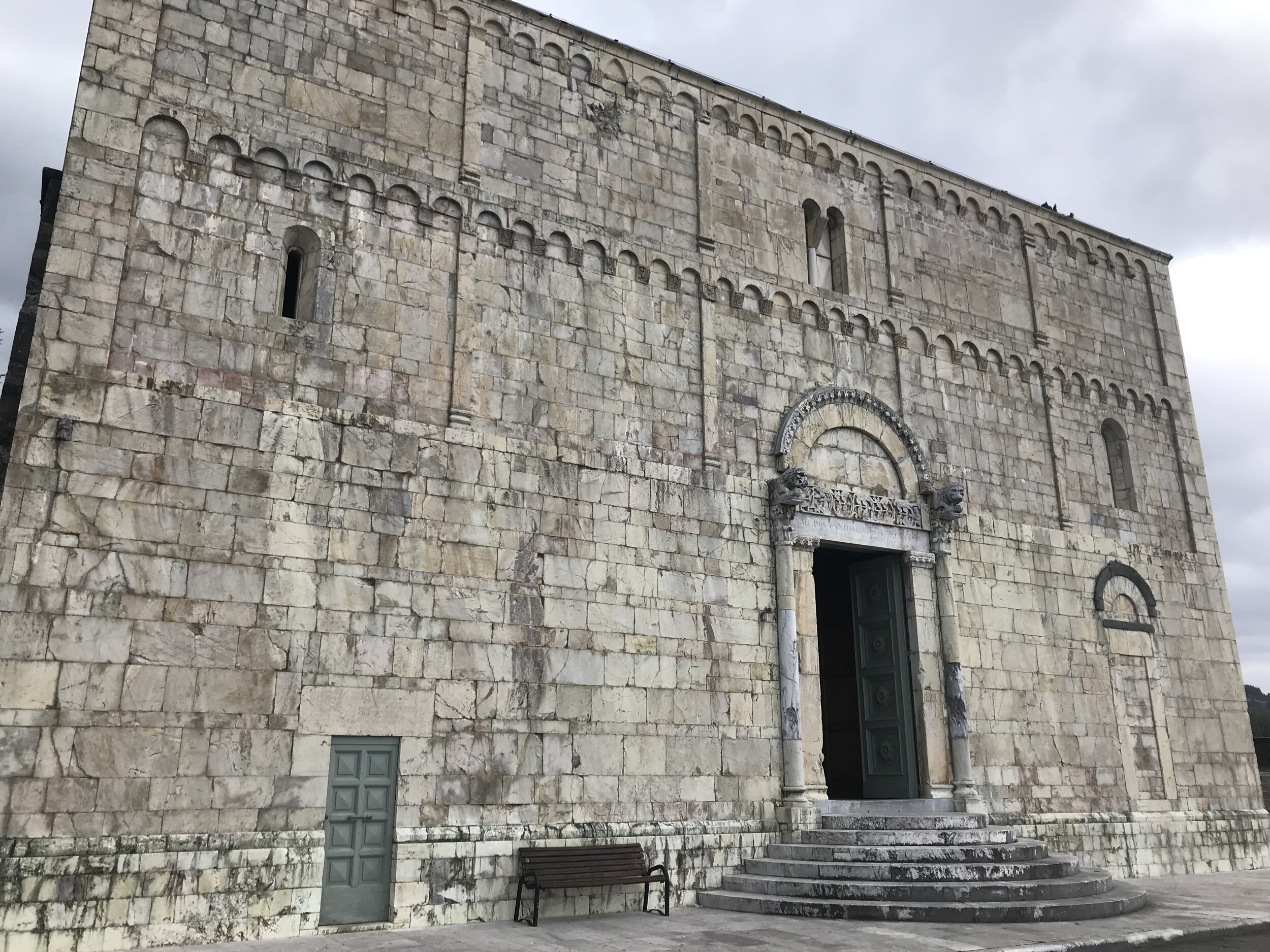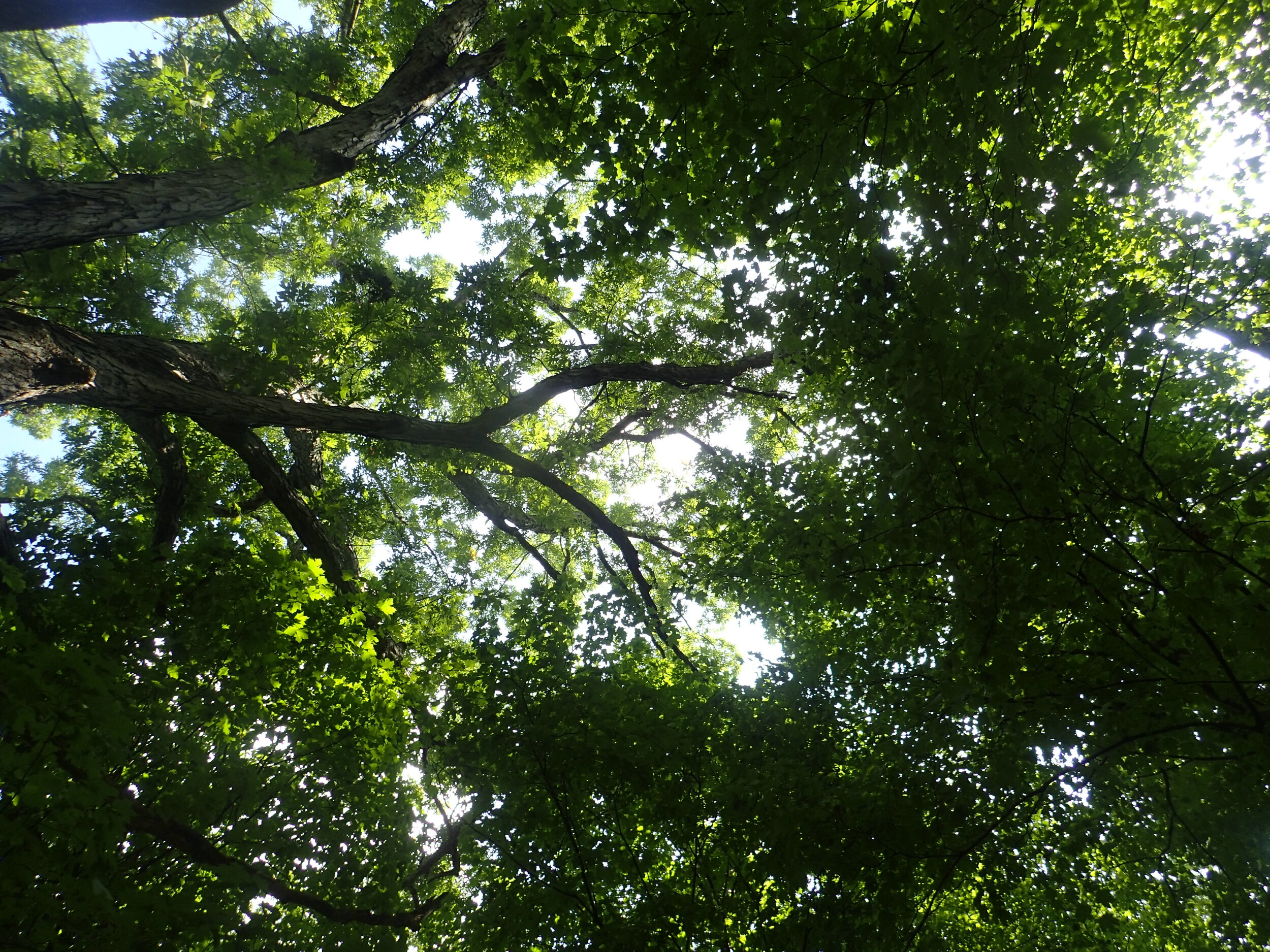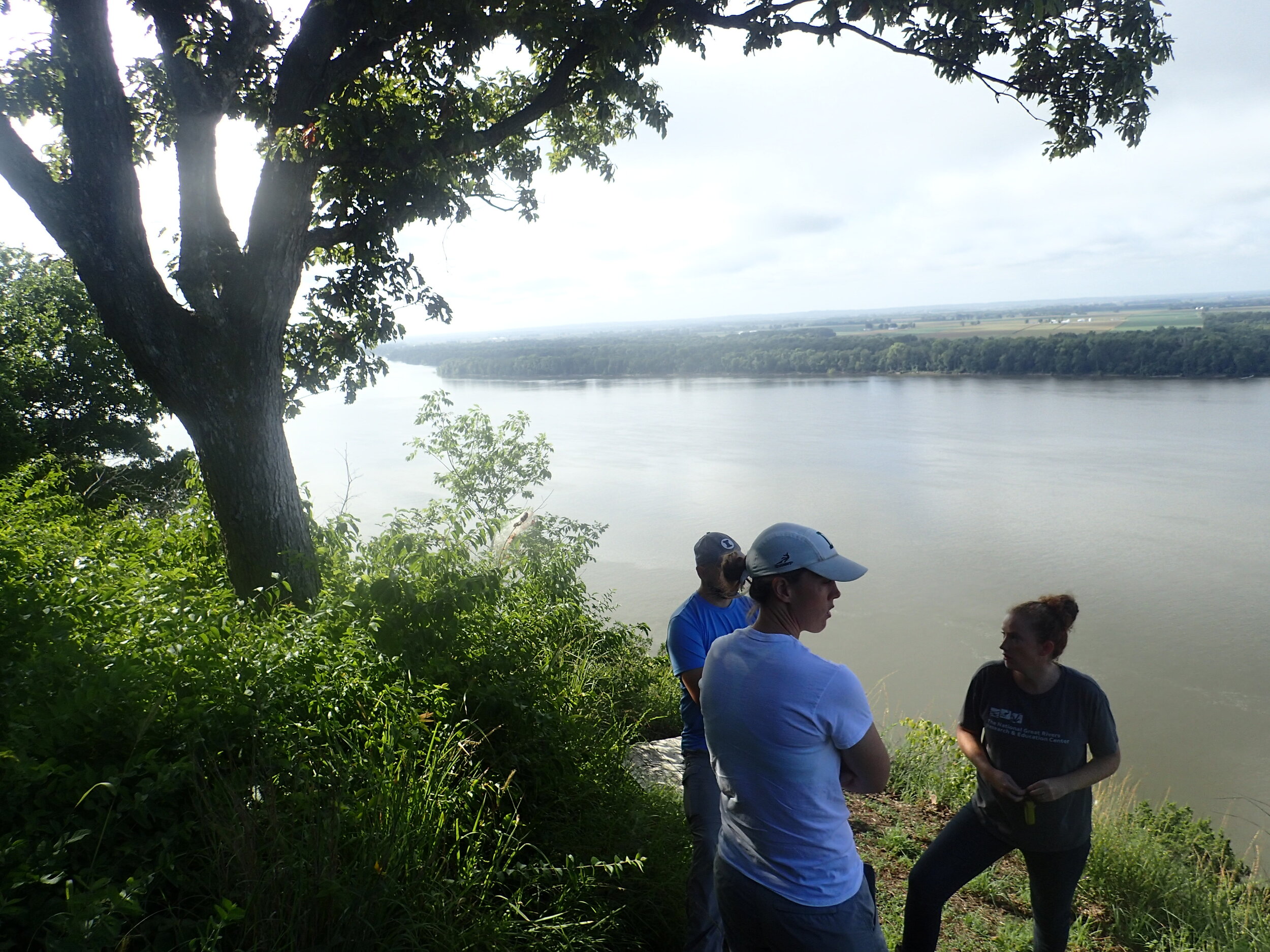Postdoc position now open in my lab – The ecological effects of climate change on phenology (Start date early 2023, Review of applications begins Nov 1st)
Postdoc position 2023 - Ecological effects of climate change on phenology (REVIEW OF APPS BEGINS Nov 1st)
A two-year postdoc position is available to work on the ecological effects of global climate change on phenology across time and space in the lab of Dr. Anthony Dell. This postdoctoral position is part of an NSF-funded project focused on the ecological effects of global climate change on phenology across time and space. The postdoc will integrate fine-scale spatial data from NEON with mathematical theory and new conceptual frameworks to forecast the effects of global change on biodiversity from local to global scales. In particular, the postdoc will use this approach to better understand the phenological responses of species to variability in present-day climate. The primary aims of the NSF award must be met, but beyond this there is scope for the postdoc to take on additional research projects within the broader theme of the award. The postdoc will have opportunities to mentor undergraduate researchers. The 2-year position (second year based on satisfactory performance) will be based at the National Great Rivers Research and Education Center (NGRREC) – a state-of-the-art research facility on the banks of the Mississippi River about 30 minutes from downtown St Louis, with expected visits to collaborating research groups and local/international field sites as required.
Applications can be submitted at https://jobs.lc.edu/postings/2120 where you will be required to submit: i) cover letter, ii) CV, iii) contact details for 3 referees, and iv) research statement. The research statement should focus on your research interests, experience, and any technical skills you have that are relevant to the position (e.g., meta-analysis, complication/management of large ecological datasets, ecological theory, and any other quantitative skills you think might be relevant to the position).
Review of applications will begin November 1st 2022 and will continue until the position is filled. Preference will be given to applicants who can begin early 2023.
Please address any additional questions to adell@lc.edu.


